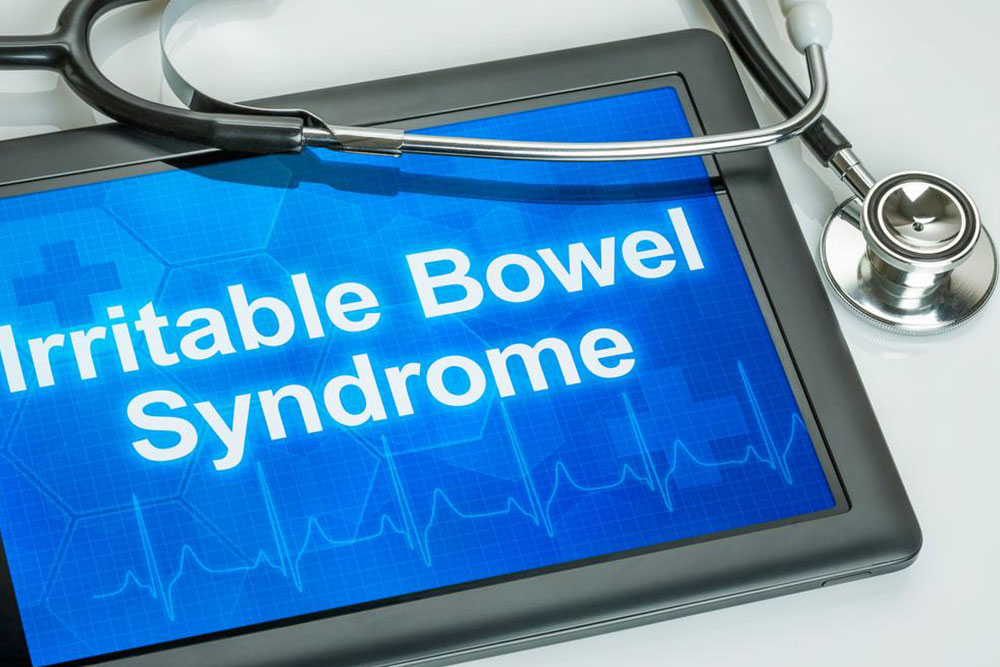Ultimate Guide to Identifying and Managing Symptoms of Irritable Bowel Syndrome
This comprehensive guide offers in-depth information on recognizing and managing Irritable Bowel Syndrome (IBS) symptoms. It emphasizes the importance of early diagnosis through medical consultation and highlights effective treatment strategies, including lifestyle and dietary changes, to improve patients' quality of life. With over 1500 words, it covers symptoms, triggers, diagnosis, and management tips in detail, making it an essential resource for those affected by IBS.

Ultimate Guide to Identifying and Managing Symptoms of Irritable Bowel Syndrome
Irritable Bowel Syndrome (IBS) is a chronic gastrointestinal condition that impacts the large intestine, affecting millions worldwide. Despite its prevalence, many individuals experience mild symptoms that often go unnoticed or untreated. This comprehensive guide aims to provide detailed insights into IBS symptoms, helping readers recognize the signs early and understand effective management strategies.
IBS is characterized by abnormal intestinal movements leading to discomfort and irregular bowel habits. It is estimated that approximately 10% of the global population suffers from this condition. Importantly, while IBS can significantly affect quality of life, it does not cause severe diseases such as cancer or inflammatory bowel disease. Furthermore, IBS symptoms tend to fluctuate over time, but the condition itself usually remains stable and non-progressive.
The symptoms of IBS can vary greatly from person to person and may change from day to day. Some individuals experience intense discomfort during flare-ups, while others have mild symptoms that resolve quickly. The precise cause of IBS remains complex and not fully understood, which can be frustrating for those affected. Multiple factors are believed to contribute, including heightened intestinal sensitivity, food sensitivities, stress, certain medications, and hormonal fluctuations. These triggers can cause episodes of cramping, diarrhea, constipation, or a combination of both.
Diagnosis of IBS generally involves a thorough review of medical history, physical examination, and sometimes additional testing such as bloodwork or colonoscopy to rule out other conditions. Since symptoms overlap with other gastrointestinal diseases, accurate diagnosis is vital for appropriate treatment. Treatment approaches mainly focus on symptom relief and improving quality of life. Lifestyle changes, dietary adjustments, and stress management are effective for many individuals, especially those with mild symptoms.
For more severe cases, medications may be necessary. These can include anti-diarrheal drugs, antibiotics, antidepressants, fiber supplements, and spasm-reducing medications. Recognizing common symptoms of IBS is essential for early intervention. Some of the most typical signs include:
Altered bowel habits, such as diarrhea, constipation, or alternating between the two
Cramping and abdominal pain that often improve after bowel movements
Persistent bloating and a feeling of fullness in the stomach
Presence of mucus in stools
Excessive flatulence and gas buildup
Sensation of incomplete bowel emptying
Urgent need to defecate, sometimes accompanied by discomfort
Changes in bowel patterns may involve frequent diarrhea, constipation, or a mix of both, each with varying stool consistency and passage frequency. Lower abdominal pain, mucus passage, and excessive gas are common complaints. Other associated symptoms can include sleep disturbances, lower back pain, headaches, feelings of anxiety or depression, fatigue, and even more unusual signs such as heart palpitations, sexual dysfunction, urinary issues, and altered taste perceptions. These symptoms can significantly impair daily activities and emotional well-being.
If symptoms persist for several weeks or worsen, it is crucial to consult a healthcare professional for a proper diagnosis. Misdiagnosis is common because IBS symptoms resemble those of other serious gastrointestinal conditions. Early detection and proper management can prevent complications like chronic diarrhea, persistent constipation, and secondary health issues. Recognizing the signs of IBS enables affected individuals to seek timely medical support and adopt lifestyle modifications that alleviate symptoms and improve overall health.





